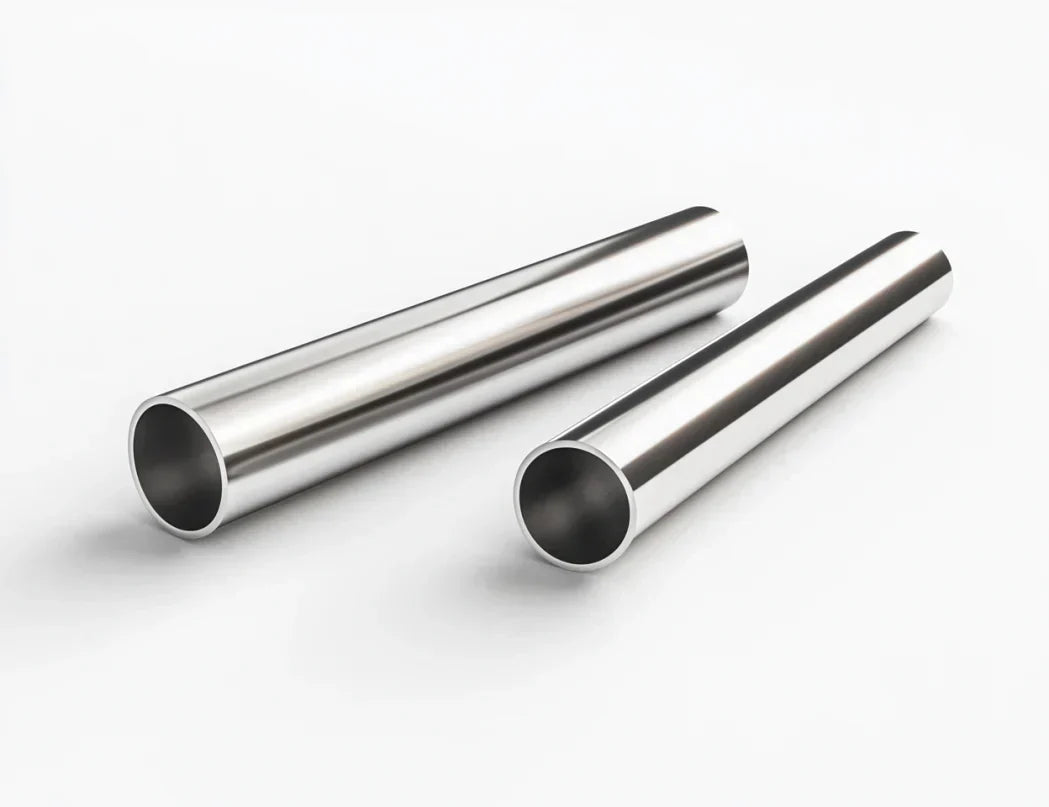
Does Stainless Steel Wire Conduct Electricity?
Table of Contents
Introduction
Stainless steel is everywhere—from kitchen appliances to construction materials. But have you ever wondered, does stainless steel wire conduct electricity? And while we're at it, let's answer a few other common questions like do magnets stick to steel, does a magnet stick to stainless, and how to get rust spots off stainless steel.
This guide will break everything down in plain language—no confusing jargon, just straightforward answers to everyday questions.
Does Stainless Steel Wire Conduct Electricity?
Yes, stainless steel wire can conduct electricity, but not as well as copper or aluminum. Here's why:
Stainless steel is made mostly of iron, with chromium and other metals mixed in. Iron itself is a decent conductor, but the added chromium (which makes it "stainless") reduces its conductivity. So while stainless steel can carry electricity, it's not the best choice for wiring in your home or electronics.
When Does This Matter?
Household Wiring?
No—electricians use copper or aluminum because they conduct electricity much better.
Outdoor or Industrial Use?
Sometimes—stainless steel is used in harsh environments because it resists rust, even if it's not the best conductor.
DIY Projects?
Be careful—if you're using stainless steel wire in place of proper electrical wire, it might not work well and could even get hot.
So, while stainless steel can conduct electricity, it's not the best option for most electrical uses.
Do Magnets Stick to Steel?
This is a fun one. Most people think all metals stick to magnets, but that's not true.
Regular steel (like the kind in nails or car parts) is ferromagnetic, meaning magnets stick to it easily. That's because it's mostly iron, and iron loves magnets.
But what about stainless steel?
Does a Magnet Stick to Stainless Steel?
Sometimes! It depends on the type of stainless steel:
Magnetic Stainless Steel (Ferritic & Martensitic)
Found in: kitchen knives, some appliances, car parts.
Yes, magnets stick to these. They contain more iron and less nickel.
Non-Magnetic Stainless Steel (Austenitic)
Found in: most kitchen sinks, pots, and medical tools.
No, magnets usually don't stick. These have more nickel and chromium, which weakens the magnetic pull.
Quick Test for Your Stainless Steel
Got a fridge magnet? Try sticking it to your stainless steel sink or spoon. If it sticks, it's probably the magnetic kind. If not, it's likely the non-magnetic type.
How to Get Rust Spots Off Stainless Steel
Even "stainless" steel can rust under the right conditions (like exposure to saltwater or harsh chemicals). If you see reddish-brown spots, don't panic—here's how to clean them:
1. Baking Soda & Water Paste
Mix baking soda with a little water to make a thick paste. Rub it on the rust spots with a soft cloth or sponge. Rinse and dry.
2. White Vinegar Soak
Soak a cloth in vinegar and lay it over the rusted area for 10-15 minutes. Scrub gently with a non-abrasive pad. Rinse well.
3. Lemon Juice & Salt Scrub
Sprinkle salt on the rust spot. Squeeze lemon juice over it and let it sit for 5 minutes. Scrub with a soft sponge, then rinse.
Preventing Future Rust
Dry stainless steel after washing (especially near sinks or pools). Avoid harsh cleaners with chlorine. Use stainless steel polish occasionally for extra protection.
Bonus: Other Common Stainless Steel Questions
Can Stainless Steel Go in the Dishwasher?
Yes, but avoid overcrowding (scratches can lead to rust over time).
Why Does My Stainless Steel Smell Like Metal?
This happens when acids (like tomato sauce) react with the metal. Rinse immediately after cooking to prevent it.
Is Stainless Steel Really "Stainless"?
Mostly, but not completely. It resists stains and rust better than regular steel, but it's not invincible.
Final Thoughts
So, to recap:
Does stainless steel wire conduct electricity? Yes, but not as well as copper.
Do magnets stick to steel? Usually, unless it's certain types of stainless steel.
How to remove rust from stainless steel? Baking soda, vinegar, or lemon juice work great.
Stainless steel is a fantastic material, but it's not magic. Knowing these basics helps you use it better in everyday life.
Got more questions? Drop them in the comments—we'll keep this guide updated with your burning stainless steel mysteries!